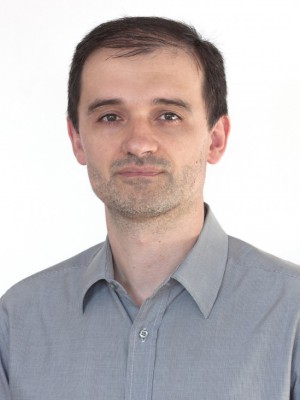abstract
While Aurantiochytrium sp. is an increasingly popular source of polyunsaturated fatty acids (PUFAs), its extraction generates high amounts of waste, including the spent, defatted residue. The composition and bioactivities of this by-product could prove to be a major part of the sustainable valorisation of this organism within the framework of a circular economy. In this study, the defatted biomass of commercial Aurantiochytrium sp. was nutritionally characterised, and its amino acid profile was detailed. Additionally, the antioxidant and prebiotic potentials of an enzymatically digested sample of defatted Aurantiochytrium sp. were evaluated under a set of miniaturised in vitro assays. The nutritional profile of the spent Aurantiochytrium biomass revealed a protein and dietary-fibre rich product, with values reaching 26.7% and 31.0% for each, respectively. It also held high concentrations of glutamic and aspartic acid, as well as a favourable lysine/arginine ratio of 3.73. The digested samples demonstrated significant Weissela cibaria and Bifidobacterium bifidum growth-enhancing potential. Residual ferric reducing antioxidant power (FRAP) activity was likely attributed to antioxidant amino acids or peptides. The study demonstrated that some of the nutritional and functional potential that reside in the defatted Aurantiochytrium sp. waste encourages additional studies and the development of food supplements employing this resource's by-products under a biorefinery framework.
keywords
AOAC OFFICIAL-METHOD; IN-VITRO; ANTIOXIDANT PROPERTIES; FATTY-ACID; MICROALGAE; EXTRACTION; SYNBIOTICS; PREBIOTICS; GROWTH; INULIN
subject category
Food Science & Technology
authors
Reboleira, J; Felix, R; Felix, C; de Melo, MMR; Silva, CM; Saraiva, JA; Bandarra, NM; Teixeira, B; Mendes, R; Paulo, MC; Coutinho, J; Lemos, MFL
our authors
Projects
CICECO - Aveiro Institute of Materials (UIDB/50011/2020)
acknowledgements
This study had the support of Fundacao para a Ciencia e a Tecnologia (FCT) through the Strategic Project UID/MAR/04292/2020 to MARE, UIDB/50011/2020 & UIDP/50011/2020 to CICECO, and the University of Aveiro and FCT/MCT for the financial support for LAQV-REQUIMTE research Unit (FCT UIDB/50006/2020) through national founds, and, where applicable, co-financed by the FEDER, within the PT2020 Partnership Agreement. This work was also funded by the project Algavalue & mdash;Valorizac & atilde;o dos subprodutos do processo biotecnologico de produc & atilde;o de esqualeno e DHA pela microalga Aurantiochytrium sp. (POCI-01-0247-FEDER-017680) supported by COMPETE 2020, and Integrated Programme of SR & TD & ldquo;SmartBioR & rdquo; (reference Centro-01-0145-FEDER-000018) cofunded by Centro 2020 program, Portugal 2020, European Union, through the European Regional Development Fund.



